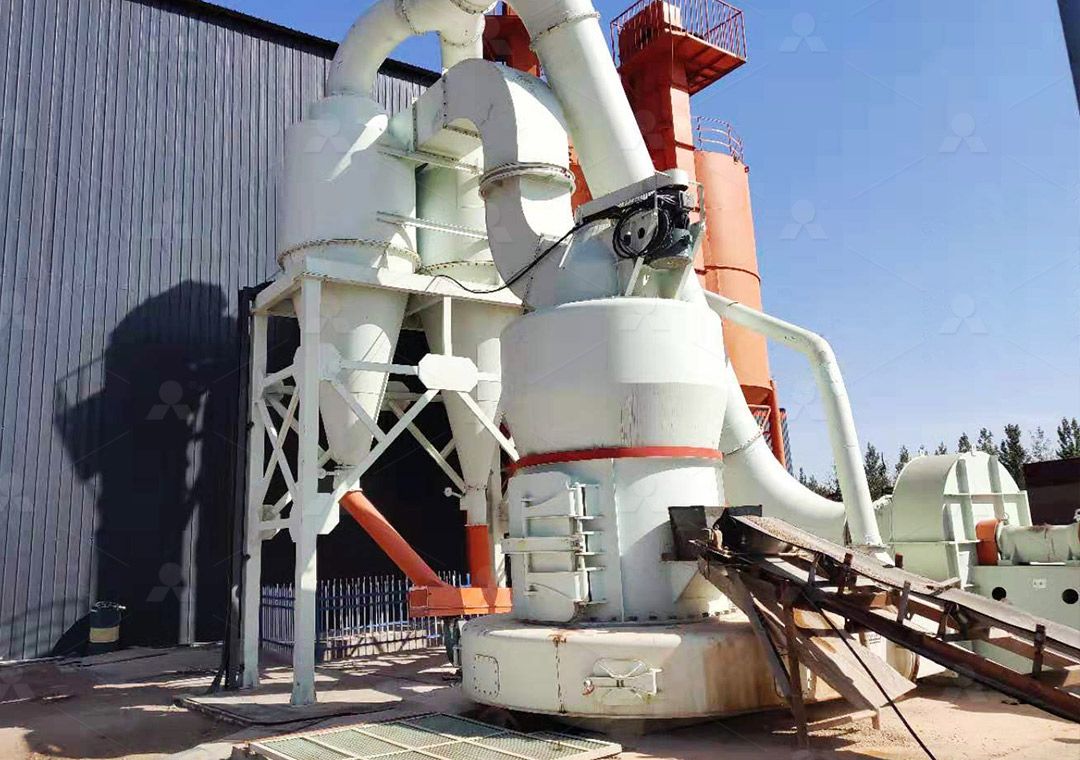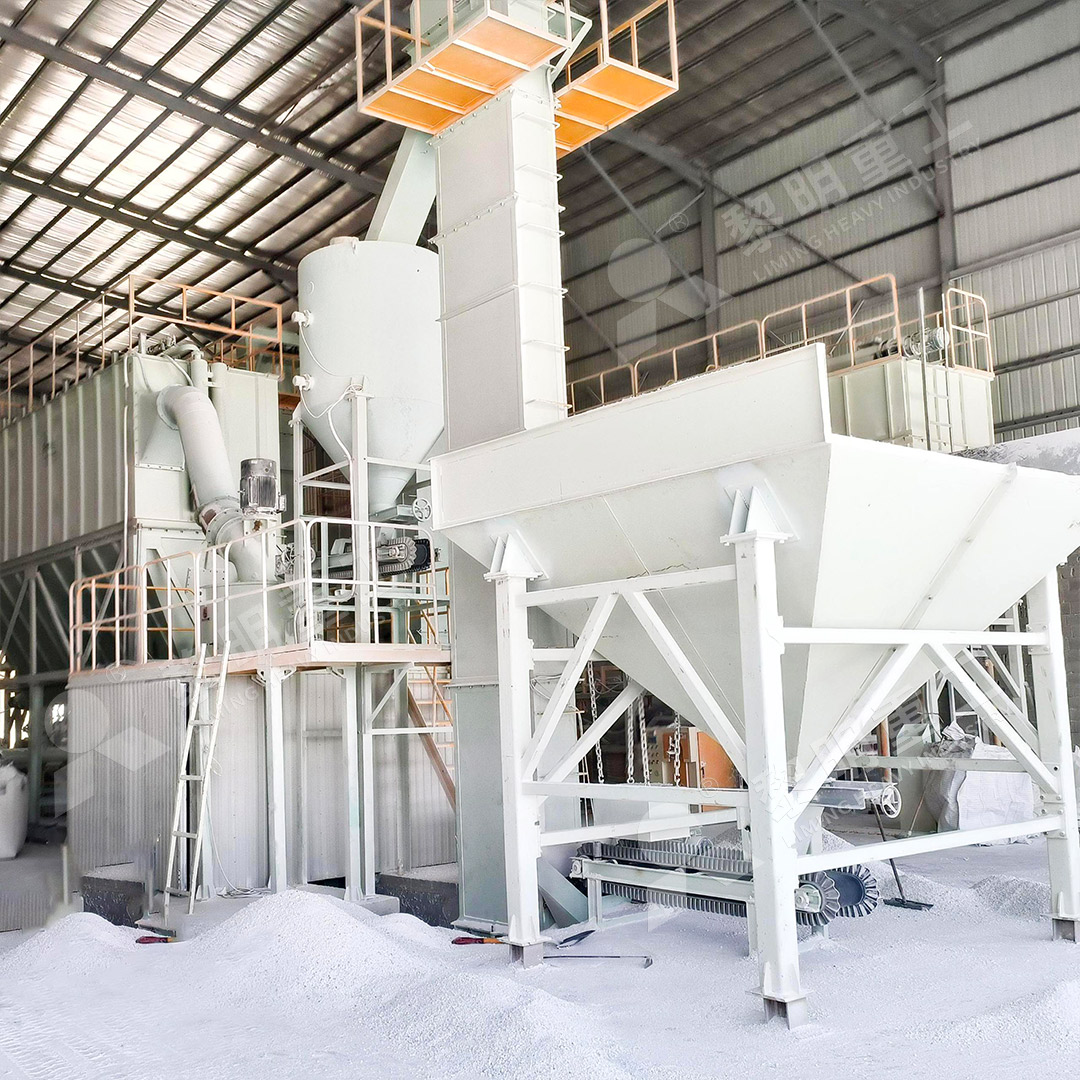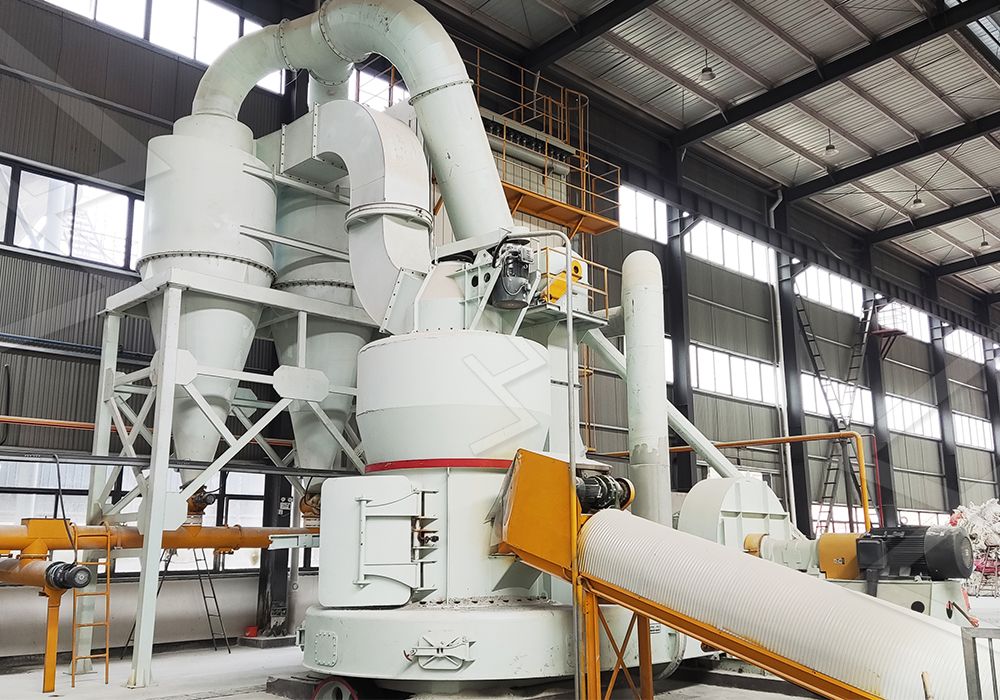Cost of Using Vertical Mill for 120 Mesh Quicklime at 2 Tons Per Hour in Agricultural Soil Amendment
We provide a wide range of mills — including Raymond mill, trapezoidal mill, vertical mill, ultrafine mill, and ball mill, obtained ISO9001 international quality certification, EU CE certification, and Customs Union CU-TR certification. Suitable for processing minerals such as limestone, phosphate, quicklime, kaolin, talc, barite, bentonite, calcium carbonate, dolomite, coal, gypsum, clay, carbon black, slag, cement raw materials, cement clinker, and more.
The discharge range of these mills can be adjusted to meet specific processing needs, typically from 80-400 mesh, 600-3250 mesh, and can achieve the finest particle size of up to 6000 mesh(D50).
If you are looking for a reliable grinding solution to turn stone or minerals into fine powder, please feel free to contact our online customer service.
Cost of Using Vertical Mill for 120 Mesh Quicklime at 2 Tons Per Hour in Agricultural Soil Amendment
Agricultural soil amendment represents a critical process where precise particle size distribution can significantly impact crop yield and soil health. When considering the production of 120 mesh quicklime powder at a rate of 2 tons per hour, the choice of grinding equipment becomes paramount to both operational efficiency and economic viability. This analysis examines the cost considerations and technical requirements for this specific application.

The agricultural sector increasingly relies on finely ground quicklime to regulate soil pH levels, improve nutrient availability, and enhance soil structure. Achieving the optimal 120 mesh fineness (approximately 125 microns) requires specialized milling equipment that can deliver consistent particle size while maintaining cost-effective operation. Traditional ball mills often struggle with the precise control needed for agricultural-grade powder, leading to inconsistent results and higher operational costs.
Technical Requirements for Agricultural Quicklime Production
Producing 120 mesh quicklime for soil amendment demands equipment capable of handling the material’s abrasive nature while maintaining precise particle size control. The mill must process 2 tons per hour consistently, with minimal variation in output quality. Quicklime’s hygroscopic properties further complicate the grinding process, requiring systems that can manage moisture content effectively.
For operations requiring 2 tons per hour of 120 mesh quicklime, we particularly recommend our MW Ultrafine Grinding Mill. This equipment offers adjustable fineness between 325-2500 meshes, perfectly encompassing the 120 mesh requirement for agricultural applications. With a capacity range of 0.5-25 tph, it comfortably handles the 2 tph production target while providing flexibility for future scaling.

Operational Cost Considerations
The total cost of ownership for quicklime grinding extends beyond the initial equipment investment. Energy consumption represents approximately 60-70% of operational expenses in typical grinding applications. Traditional ball mills consume significantly more power compared to modern vertical grinding technology, making them less suitable for cost-conscious agricultural operations.
Maintenance costs constitute another critical factor. The abrasive nature of quicklime accelerates wear on grinding components, necessitating frequent replacement in conventional systems. Advanced vertical mills address this challenge through innovative design features that extend component lifespan and reduce downtime.
Equipment Selection Strategy
When evaluating mills for agricultural quicklime production, several factors demand consideration beyond mere capacity matching. The MW Ultrafine Grinding Mill demonstrates particular advantages for this application through its higher yielding and lower energy consumption characteristics. Production capacity reaches 40% higher than jet grinding mills with system energy consumption reduced to just 30% of comparable systems.
The absence of rolling bearings and screws in the grinding chamber eliminates common failure points, while the external lubrication system enables continuous 24-hour operation – a crucial feature for agricultural operations with seasonal demand peaks. The integrated pulse dust collector ensures environmental compliance, particularly important near farming operations.

Return on Investment Analysis
For agricultural operations processing 2 tons per hour of 120 mesh quicklime, the payback period for advanced grinding equipment typically ranges between 18-24 months. This calculation considers reduced energy consumption, lower maintenance requirements, and improved product quality leading to better market positioning.
The precision grinding capability of modern vertical mills ensures optimal particle size distribution, directly impacting the effectiveness of soil amendment applications. Uniform 120 mesh powder dissolves more consistently in soil, providing predictable pH adjustment and nutrient release characteristics.
Frequently Asked Questions
What makes the MW Ultrafine Grinding Mill suitable for agricultural quicklime production?
The MW Mill’s adjustable fineness control between 325-2500 meshes allows precise targeting of the 120 mesh requirement. Its higher yielding and lower energy consumption characteristics make it economically viable for agricultural operations, while the dust collection system maintains environmental compliance.
How does equipment selection impact final product quality for soil amendment?
Consistent particle size distribution directly affects quicklime’s solubility and reaction rate in soil. The MW Mill’s cage-type powder selector ensures uniform 120 mesh powder, leading to predictable soil amendment results and improved crop performance.
What operational factors most significantly affect grinding costs?
Energy consumption represents the largest operational cost, followed by maintenance and component replacement. The MW Mill’s efficient design reduces energy usage by up to 70% compared to traditional systems, while its robust construction minimizes maintenance requirements.
Can the same equipment handle different agricultural minerals?
Yes, the MW Ultrafine Grinding Mill processes various agricultural minerals including dolomite, gypsum, and phosphate rocks, providing versatility for operations dealing with multiple soil amendment products.
What backup support is available for agricultural operations?
We provide comprehensive technical support and original spare parts to ensure worry-free operation, crucial for agricultural operations with seasonal timing constraints and production deadlines.
